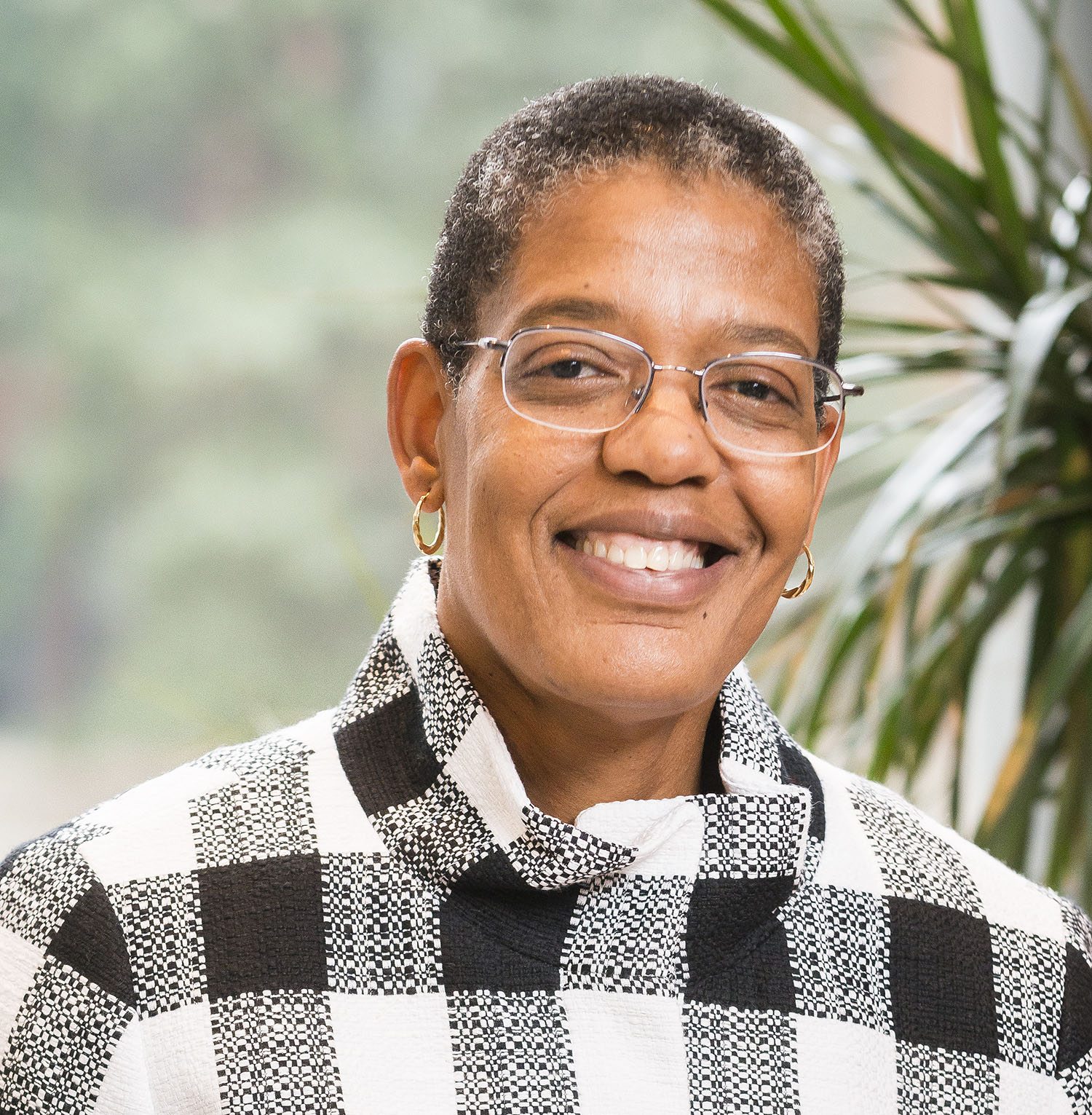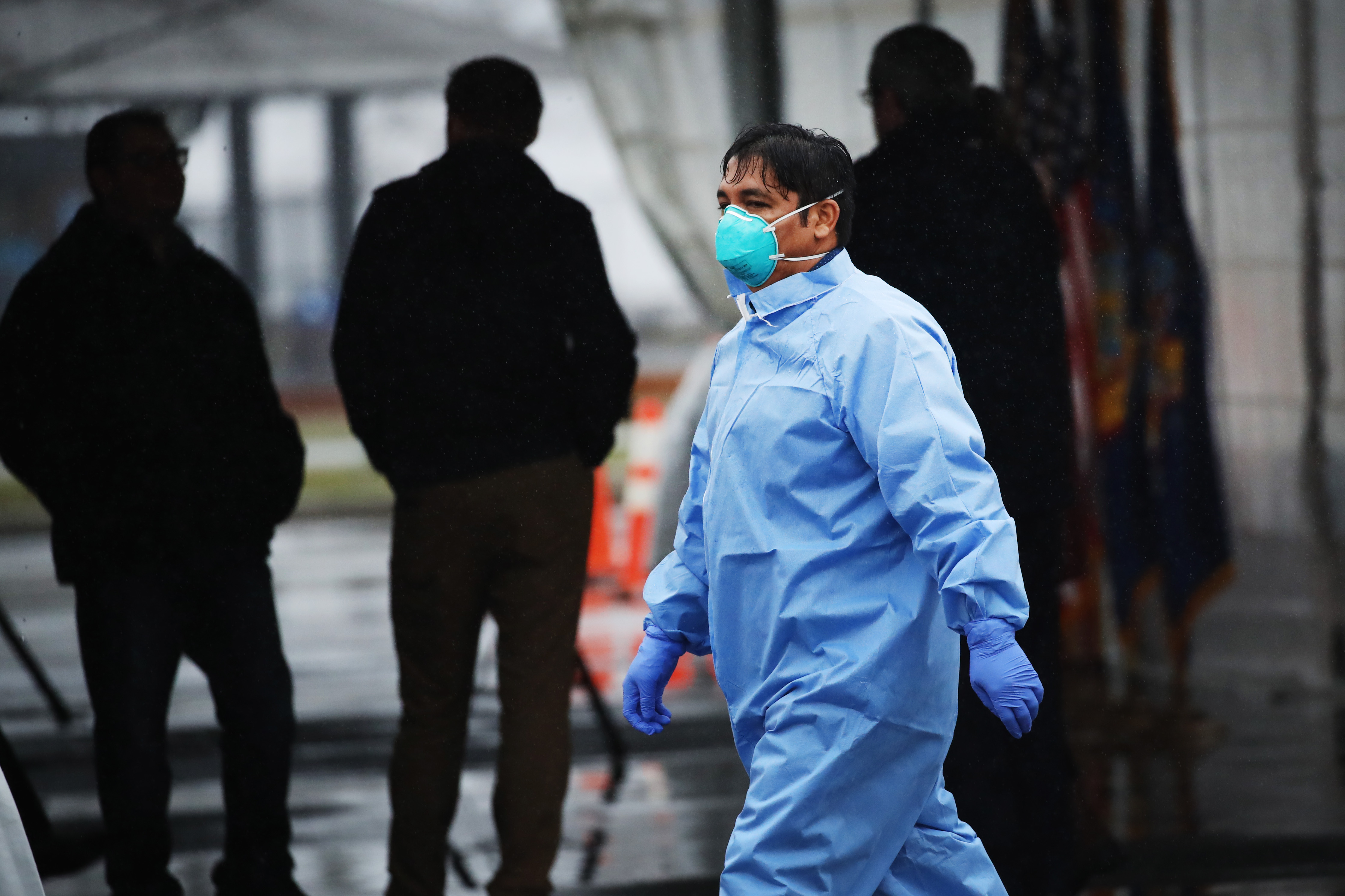There’s a reason that in-flight safety presentations always instruct us to secure our own oxygen masks before assisting fellow passengers. We can’t help others effectively unless we first protect ourselves.
Nowhere is that notion more important than for the frontline public health workforce involved in the global COVID-19 response. Just like during the Ebola outbreak of 2014, these doctors, nurses and community health workers are bearing a disproportionate burden of this epidemic, due to their constant contact with the virus, which is more contagious than the flu. To date, thousands have already contracted the virus, and delays in testing mean that many more have likely been exposed.
We’re already seeing the tremendous toll — physical, mental and emotional — that the coronavirus is taking on the world’s public health workforce.
In China, more than 3,000 healthcare workers have been infected — and the death toll includes health workers who died not from the virus itself, but from cardiac arrest and other conditions caused by overwork and exhaustion. In the U.K., N.H.S. contract workers live in fear that a quarantine could keep them from work for weeks on end — and without pay. And here in the U.S., a single patient who was denied a coronavirus test exposed dozens, if not hundreds, of U.C. Davis Medical staff to the disease, highlighting the dire consequences of having insufficient safety measures in place.
In response to the crisis, much emphasis has been placed on providing medical personnel with the right equipment to avoid contracting the disease — masks, gloves, gowns, goggles and the like. These are essential precautions, of course. But we have to do more than ensure those on the front lines have the necessary protective gear. We also have to focus on maintaining their holistic well-being.
As more cases of the disease emerge here in the U.S. and around the world, we can expect the strain on healthcare personnel to get worse. Stockpiles of medical supplies will dwindle. The tide of hospital patients will rise and the shortage of test kits could grow. The flu will continue to muddle efforts to identify who has coronavirus and who doesn’t. And the combination of long shifts, understaffing and high stress could compromise the immune systems of healthcare workers and make them more vulnerable to the disease — and other illnesses — than normal. An associated lack of sleep also threatens to weaken their immune system response.
The chaos of coronavirus underscores the challenge that public health workers face in prioritizing their own wellness in the face of limited resources, often brutal hours and seemingly endless demands on their bandwidth. These issues are not unique to times of crisis, but a chronic and worsening pattern in our field.
And it’s a pattern that can have devastating consequences — not just for the public health community but for that of the people they care for. We know that provider burnout is associated with an uptick in medical errors. And sick, exhausted health workers can lead to further staff shortages, longer hospital wait times and poorer patient outcomes overall.
So it’s critical that hospitals and other healthcare organizations have the resources they need to put enough boots on the ground, so that individual workers can take breaks to recharge, get some sleep and stay well. And emergency response training should be accompanied by overall wellness training, with an emphasis on healthy food, exercise and stress management, so that staff can build the resilience — both physical and mental — that is necessary to weather the stress and endless demands during a health crisis.
In other words, we need to make sure public health workers can put on those proverbial oxygen masks first so they can go on to assist others.
The public health community is working diligently to mitigate the spread of coronavirus and alleviate some of the burden on health systems and workers. Researchers at the Harvard Chan School of Public Health are developing methodologies to better understand — and predict — the spread of the disease. And in the absence of readily available C.D.C. test kits, scientists like Harvard Chan professors Marc Lipsitch and Michael Mina are working on their own coronavirus tests with the hope of screening patients more quickly.
Thrive Global is working with its corporate partners to both scale immunity-building preventive behaviors — like sleep, hydration, nutrition and healthy mental habits — and help newly-remote workers adjust to their new normal (with a special emphasis on focus and interpersonal connection). And we are developing programs to address the ongoing crisis of provider burnout and better care for health workers, not just during this epidemic, but over the long haul.
But all of us can help combat the spread by taking simple steps to protect our own health and boost our immune system. By simply washing our hands regularly and vigorously, avoiding touching our faces, steering clear of anyone who is sick — and leaving the supply of surgical masks in place for healthcare personnel — we can significantly mitigate our own risk of illness and lessen the strain of those on the front lines.
And finally, just like doctors and nurses, it’s imperative that we prioritize whole-human well-being in our own lives — building healthy habits around sleep, movement, nutrition and hydration that help us mitigate stress, avoid burnout and truly recharge. Ultimately, these are the most important disease-prevention steps all of us can take.
Originally published on Fortune.



